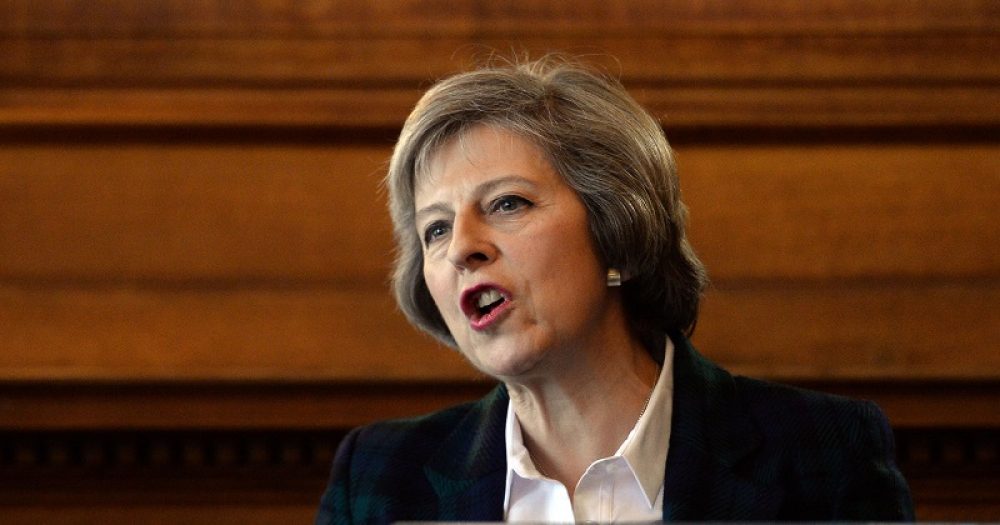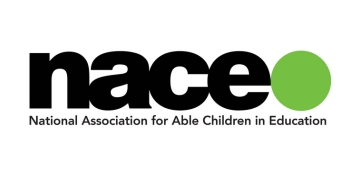A panel of experts has been commissioned to examine whether teacher shortages could be addressed using migrants from outside the European Union after a recruiter reported having to turn away candidates because of strict visa rules.
Theresa May, the home secretary, has asked the Migration Advisory Committee to examine whether it would be “sensible” to fill vacancies, either in the system in general or in specific subject areas which are particularly struggling, using migrants from non-European Economic Area countries.
Under current rules, schools and academy trusts can “sponsor” applications for a tier 2 visa for individuals from countries outside the EU, but Schools Week understands that a cap on the number of bids which can be approved each year – currently 20,700 – is forcing schools to abandon their plans.
The idea of hiring teachers from abroad is not new. Recruitment trips by academy trust bosses to countries like Australia having been reported as commonplace by sector leaders, while others have warned that the teaching sector is already heavily reliant on foreign teachers.
But several changes in the law have made life more difficult for schools and agencies, and sector leaders have expressed a desire to see a more flexible approach advocated by the committee, which is chaired by London School of Economics academic Sir David Metcalf.
Darryl Mydat, managing director of The London Teacher Pool, said agencies which would previously sponsor groups of foreign teachers to be used for supply or permanent posts could no longer do so since the rules changed, requiring the employer to be the sponsor.
He also said the cap on visa approvals meant that teachers could be offered jobs at schools willing to sponsor their bids, but they would be rejected because the limit had already been met.
“Last year I had 25 teachers sitting in Canada, Australia, New Zealand, South Africa and the USA who had job offers from schools but they couldn’t get into the UK.
“I would like to see the cap lifted for those with any skills of which there is a shortage.”
The problem is expected to become more acute from next April, when a new £35,000 minimum earnings threshold will also apply to workers from non-EU countries.
Most teachers’ starting salaries fall well below that threshold, leading to concerns the move will further exacerbate shortages. Only maths, chemistry and physics teachers will be exempt.
“That will be a struggle for us,” Mydat told Schools Week. “It’s going to be a real struggle to meet.”
In February, the National Audit Office warned that teacher shortages meant some highly-specialised subjects were often being taught by non-specialists. For example, the NAO said 28 per cent of physics lessons at secondary level were taught by teachers without qualifications higher than A level in the subject.
The watchdog also reported that 54 per cent of headteachers in schools with large proportions of disadvantaged pupils found attracting and keeping good teachers was a “major problem”, compared to 33 per cent of those in other schools.
According to its website, the committee was due to issue a call for evidence document “within the next few days”, but it is not clear if the publication of the document will now be delayed with the pre-EU referendum purdah period. A consultation on the issue will close on September 16.
The investigation has been welcomed by Russell Hobby, general secretary of the National Association of Head Teachers, who said the committee should consider the “bold step” of removing all teachers from the £35,000 threshold rule.
“Under current plans, non-EU residents earning below this after five years will see their work permit revoked. But for teachers, many will not earn above this threshold, even after five years in the profession,” he told Schools Week.
“At a time when we have a recruitment crisis, across all specialisms and all phases, it’s counterproductive to impose an arbitrary immigration limit on teachers.”







We stopped training enough doctors in the UK so had to recruit from abroad. One in three of all of our doctors is now foreign trained.
We stopped training enough nurses in the UK and the same thing has happened.
We are not training enough teachers in the UK, and those teachers we have are being so shabbily treated by the government that they are leaving in droves. Government response is to look at recruiting teachers from abroad.
Do we really want our teaching force in the UK to mimic the NHS?
Maybe we need to get some brighter people into government, although even an idiot could see what is going wrong here.
I think this is important.
I worked on a training programme with 300+ overseas teachers coming to work in the UK.
The most successful teachers were those who combined intellectual and emotional intelligence with a willingness to adapt to the UK system – regardless of their original nationality.
For many teachers, the majority of their teaching techniques were re-learnt from scratch so coming from a similar system needn’t be a priority. A country’s PISA rankings is also poor reflection of the quality of teaching as it masks vast variations in individual performance and doesn’t take into account any other circumstantial factors which could hold reading and maths scores back (welfare system etc..).
I think it is therefore more important to draw on a wide pool of people to find those with the right skills (and ideally some teaching experience) to succeed in the UK rather than defining that pool by historic connections or PISA results.
With teaching courses extending to 2 years in Canada and Ireland, the surplus teachers from those countries will stop existing. Widening the pool is a necessity to recruit high calibre candidates with the potential to succeed in the UK.